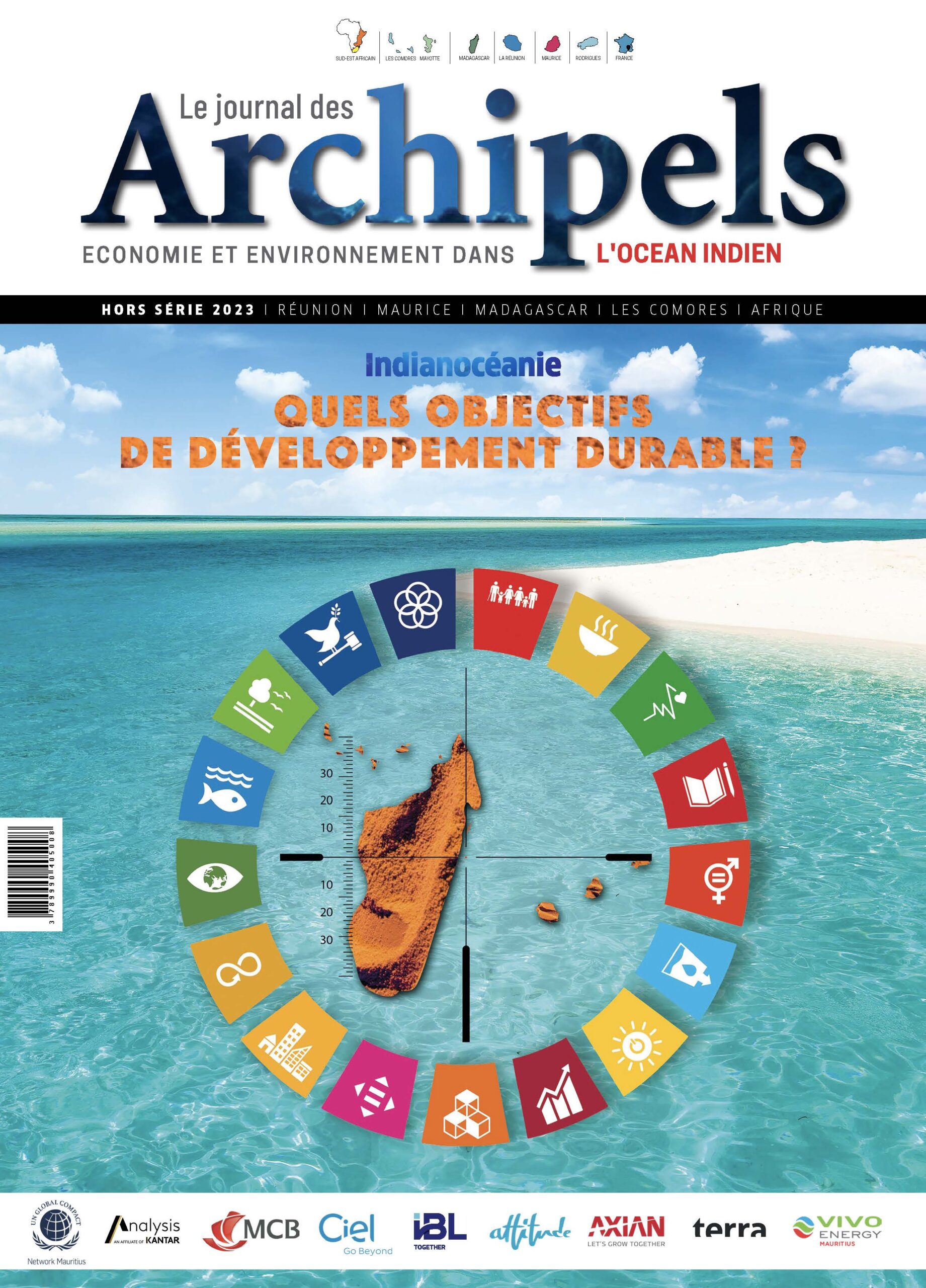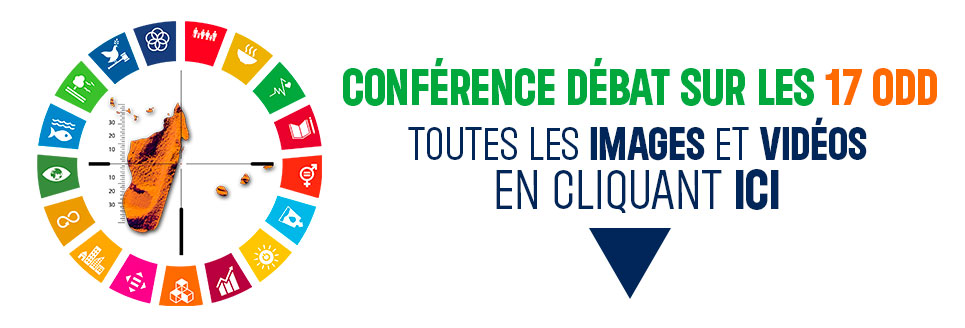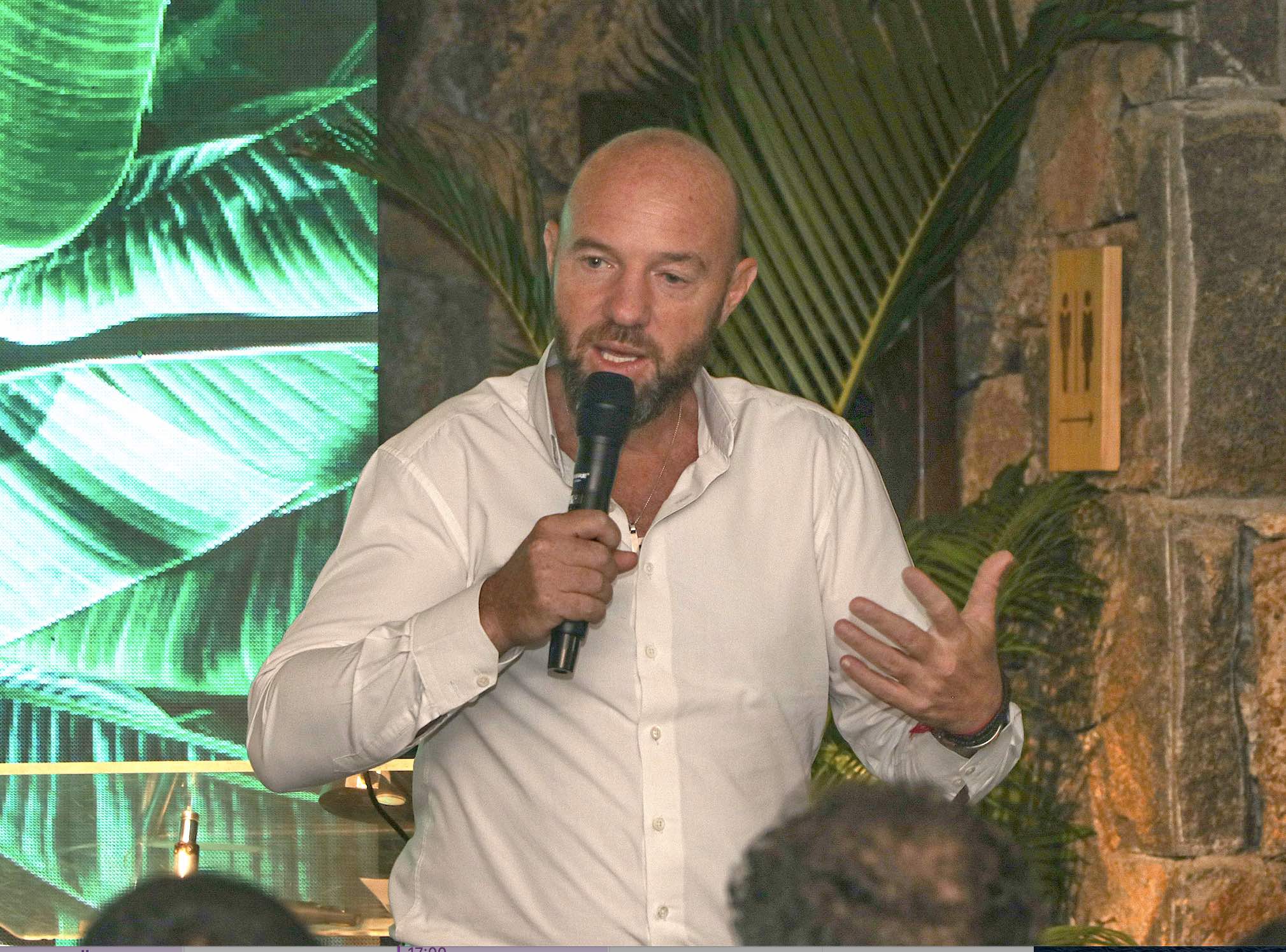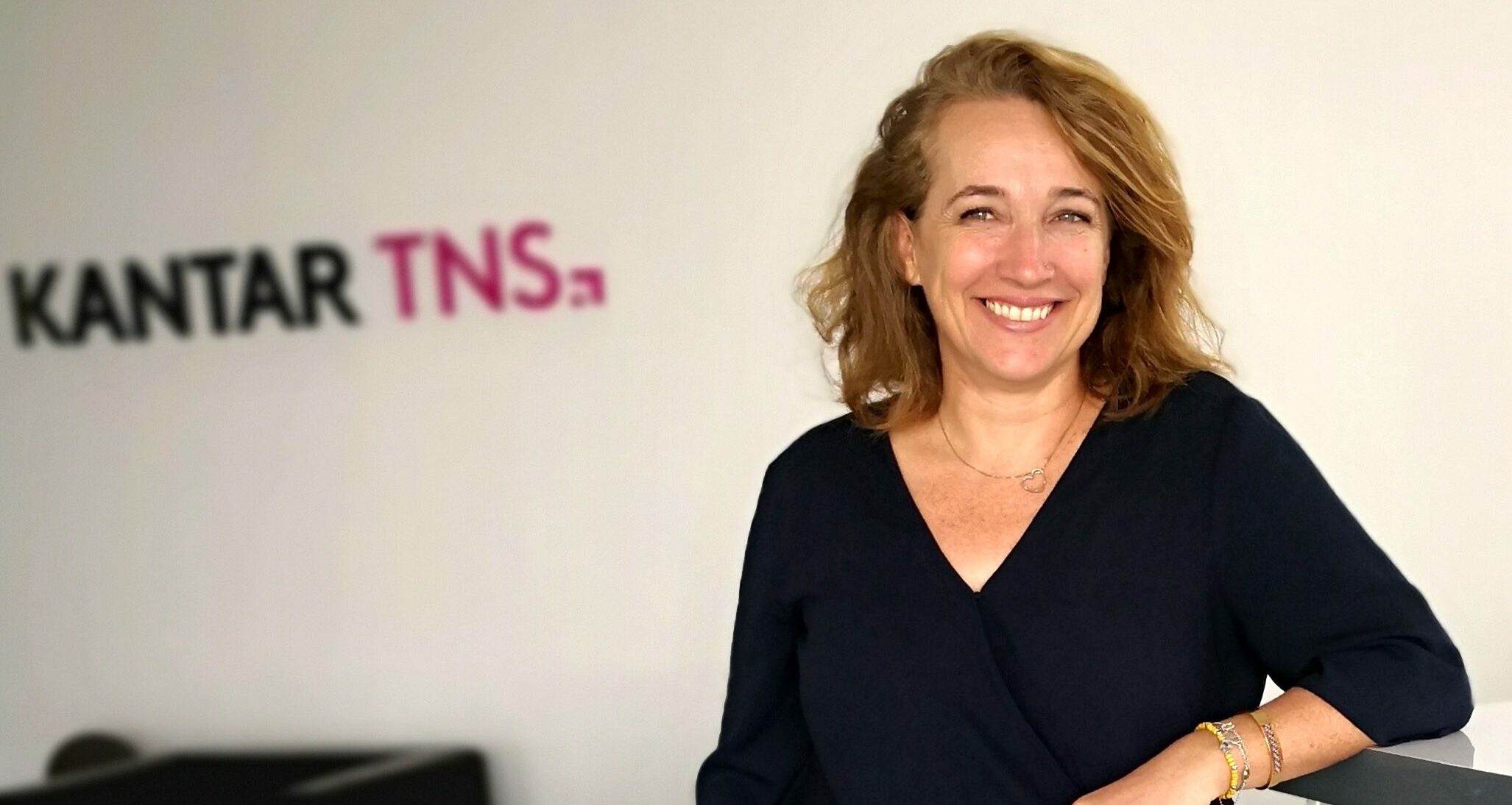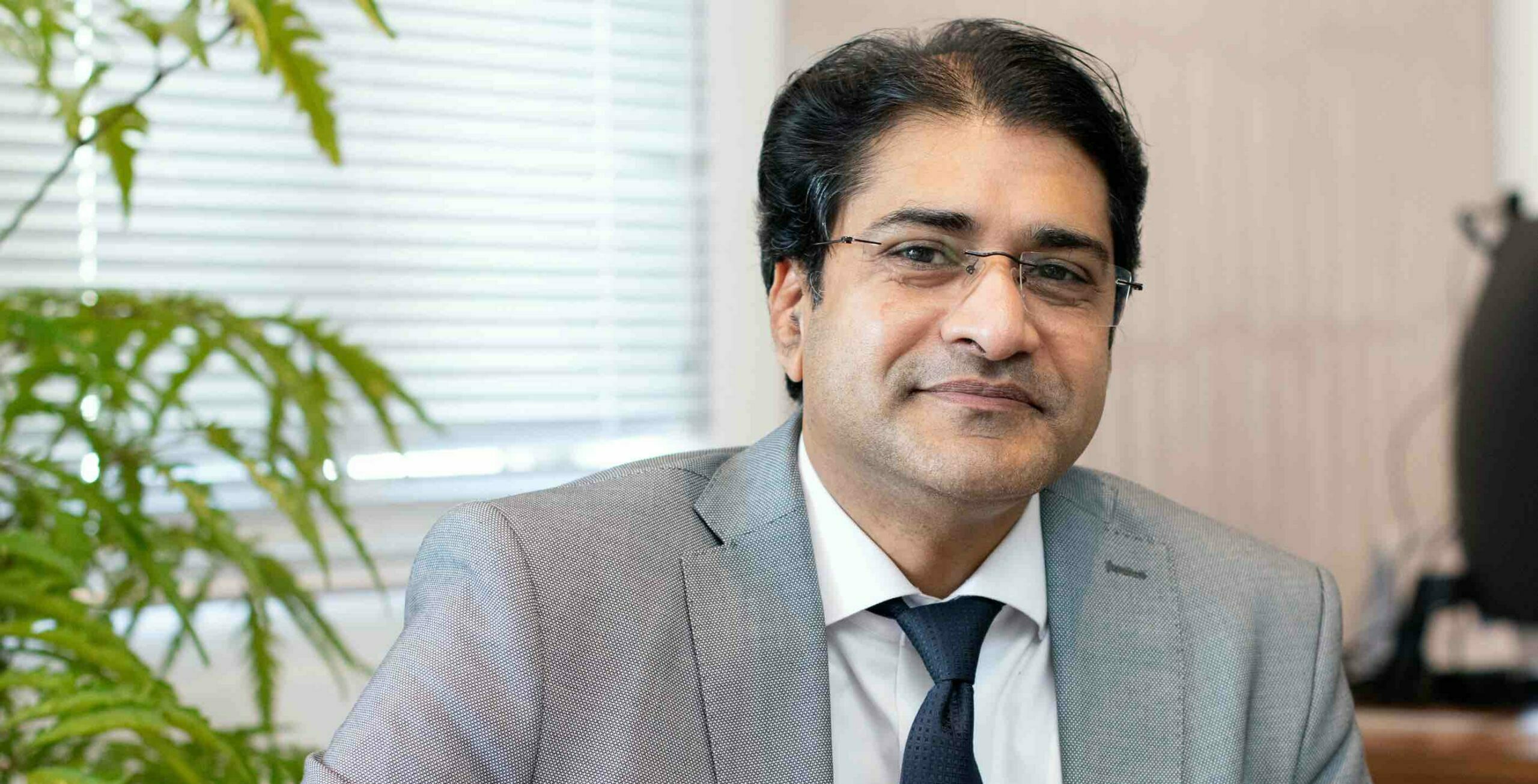At the beginning of January 2024, ACCA (Association of Certified Chartered Accountants) published a report on the main concerns of SMEs and potential solutions to alleviate or resolve them. The report is based on the testimonies, observations, expectations and analyses – obtained in 2023 – of SME managers and accounting firms, present in ACCA’s global network in Africa, Asia-Pacific, the Middle East, Europe and the Americas (North and South). It is also relevant to the Republic of Mauritius.
Il ressort de cette étude, intitulée SMEs: Business challenges and strategic innovation opportunities, que trois domaines préoccupent particulièrement les PME : la hausse constante des coûts, le manque de ressources humaines adéquates, et les défis que représentent les besoins de plus en plus importants de reporting ESG.
Trends in these three areas are quite strong, across the diversity of territories covered by the study. Inflation, including the strong component of energy and input costs, is the main concern of the three. A total of 58% of SMEs put rising costs in first place, with some companies (25% of all those surveyed) reporting that their energy bills have ballooned by more than 20%. Second on the list of concerns was the need to recruit the right, competent and capable staff for a variety of activities. 31% of companies said they needed to fill additional positions for qualified managers, and 14% were unable to find suitable office staff for lower-level positions. ESG (Environment-Society-Governance) reporting has been a growing practice for several years, with increasing importance in the world of business and inter-partner relations (business, government and civil society). It comes third in the list of concerns. SMEs are not always well prepared for it, given its relative novelty, both chronologically and in terms of the parameters – other than financial according to traditional reporting – to be adopted and quantified. Nearly 50% of participating SMEs operate in a context where ESG is one of the categories of information required for business, says the report.
The economic and social importance of SMEs is well established. According to the World Bank, this category of business represents around 90% of the total number of companies worldwide, and employs over 50% of the global workforce. This organization also indicates that in emerging economies, duly registered SMEs generate up to 40% of GDP in certain countries.
These figures are almost the same for the Republic of Mauritius, with over 95% of registered businesses being SMEs or MPEs, employing 50% of the workforce and generating 12% of exports and almost 36% of GDP.
“As we enter a new year, SMEs face many challenges. The results of our study resonate as a call to this category of companies to adopt strategic innovation measures. It is by resolutely facing up to these challenges that SMEs will be able to identify new avenues of development and strengthen their presence in their respective markets”, says Aleksandra Zaronina-Kirillova, Head of SME at ACCA (global office), on the subject of this study.
Adopting sustainable practices: a strategic evolution
The document also includes a number of recommendations to help SMEs better manage this delicate situation. The use of digital technologies is one of them, for its capacity to optimize operations, reduce costs and increase productivity. The adoption of sustainable practices, another recommendation, is not only a compliance obligation that will become increasingly widespread, but also represents a strategic evolution to attract and convince new partners and customers, according to the report. In addition, the report suggests that continuous training and development opportunities are key to employee development and loyalty. ACCA’s Global Talents Trends 2023 report, published a few months ago, also provided a rich overview of trends in the outlook, apprehensions and expectations of accounting/finance employees around the world and in organizations of various sizes.
Difficulty finding the right staff in Mauritius.
“The Republic of Mauritius has a dynamic economy, in which SMEs play an important role. Our country also suffers from inflation fuelled by the cost of freight, the exchange rate and the evolution of other production costs, including salaries. The difficulty of finding locally the right staff, both technically and in terms of “soft skills”, is also a challenge, especially when salaries cannot be aligned with those of larger companies. Increasing expectations in terms of ESG and the standards being set for corporate reporting in this area also require our organizations to be adequately prepared. Mauritian SMEs and micro-businesses are therefore clearly, from a general point of view, in the same situation as shown by this ACCA global report”, says Madhavi Ramdin-Clark, Head of ACCA Mauritius and New Markets.
Chartered accountants can be partners of choice for small and medium-sized businesses in this situation. These specialists are well equipped to help companies of all sizes manage and control their cash flow effectively and efficiently. Similarly, ESG reporting is one of the practices to which these firms have already adapted. In fact, many accounting and financial services firms are SMEs themselves, and therefore well aware of the realities of the current situation and potential solutions, as both the report on SMEs: Business challenges and strategic innovation opportunities and Madhavi Ramdin-Clark point out.
About ACCA
ACCA (Association of Chartered Certified Accountants) is a globally recognized professional organization of chartered accountants, providing qualifications in the field and contributing to the continuous improvement of the accounting profession worldwide.
ACCA was founded in 1904 to promote access to the accounting profession for as many people as possible. Inclusion is one of our values. Today, we proudly support a global community of 247,000 ACCA chartered accountant members and 526,000 aspiring members, in 181 countries.







